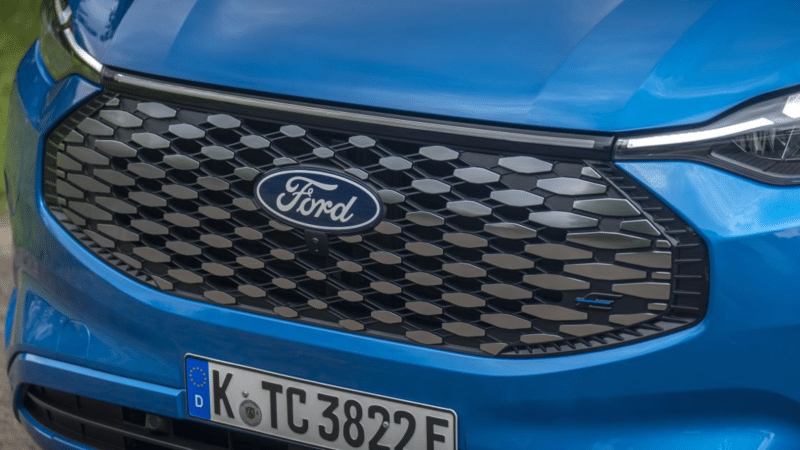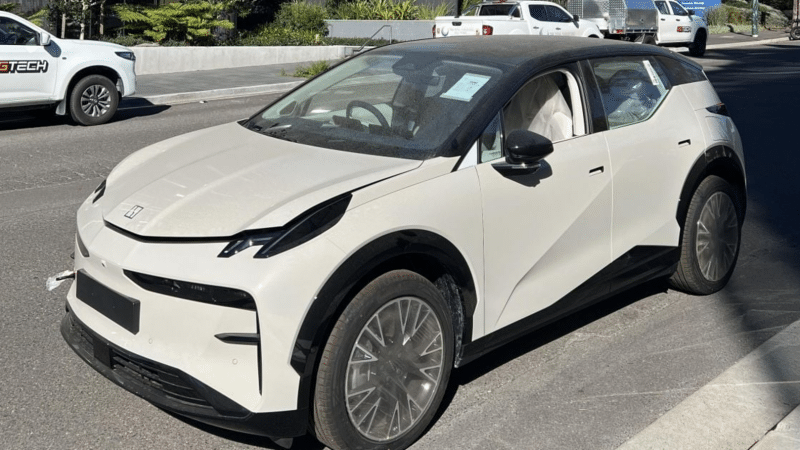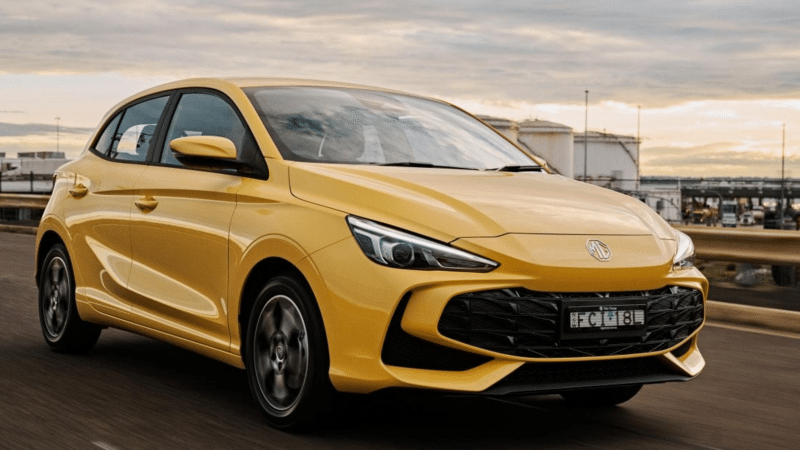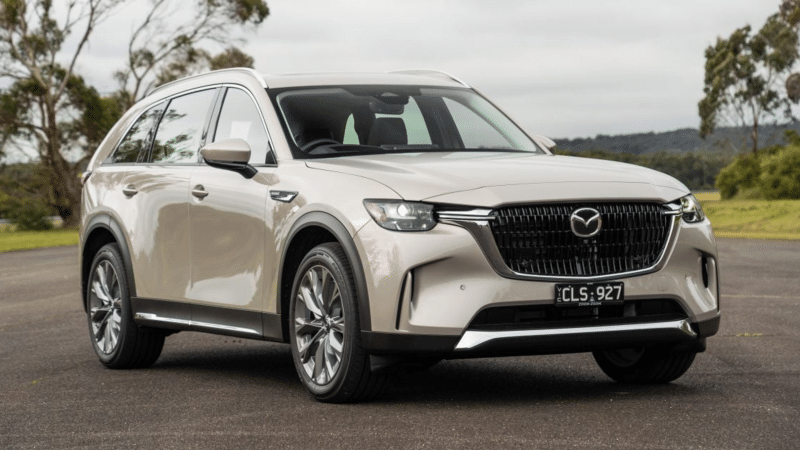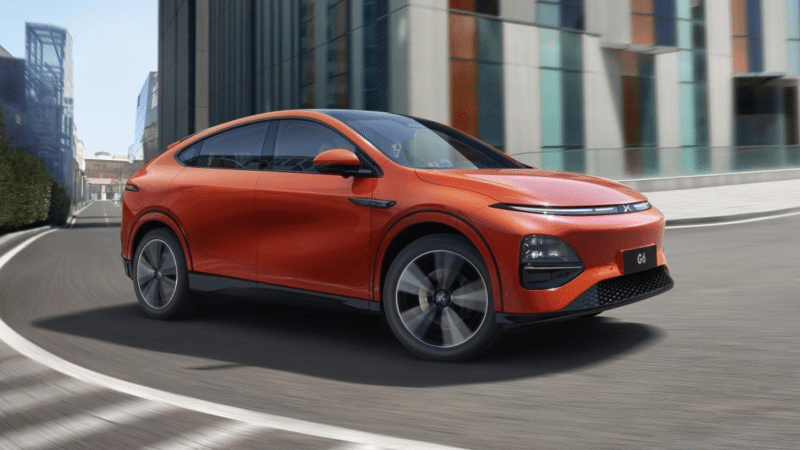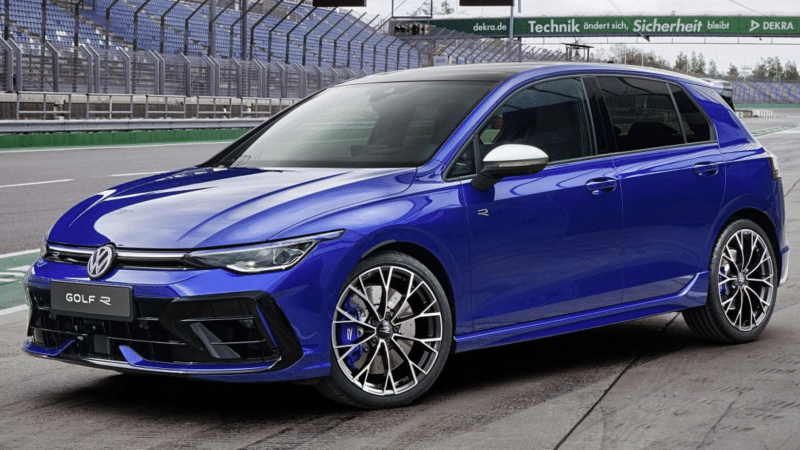Isuzu Reveals Electric D-Max Ute and Confirms Australian Release
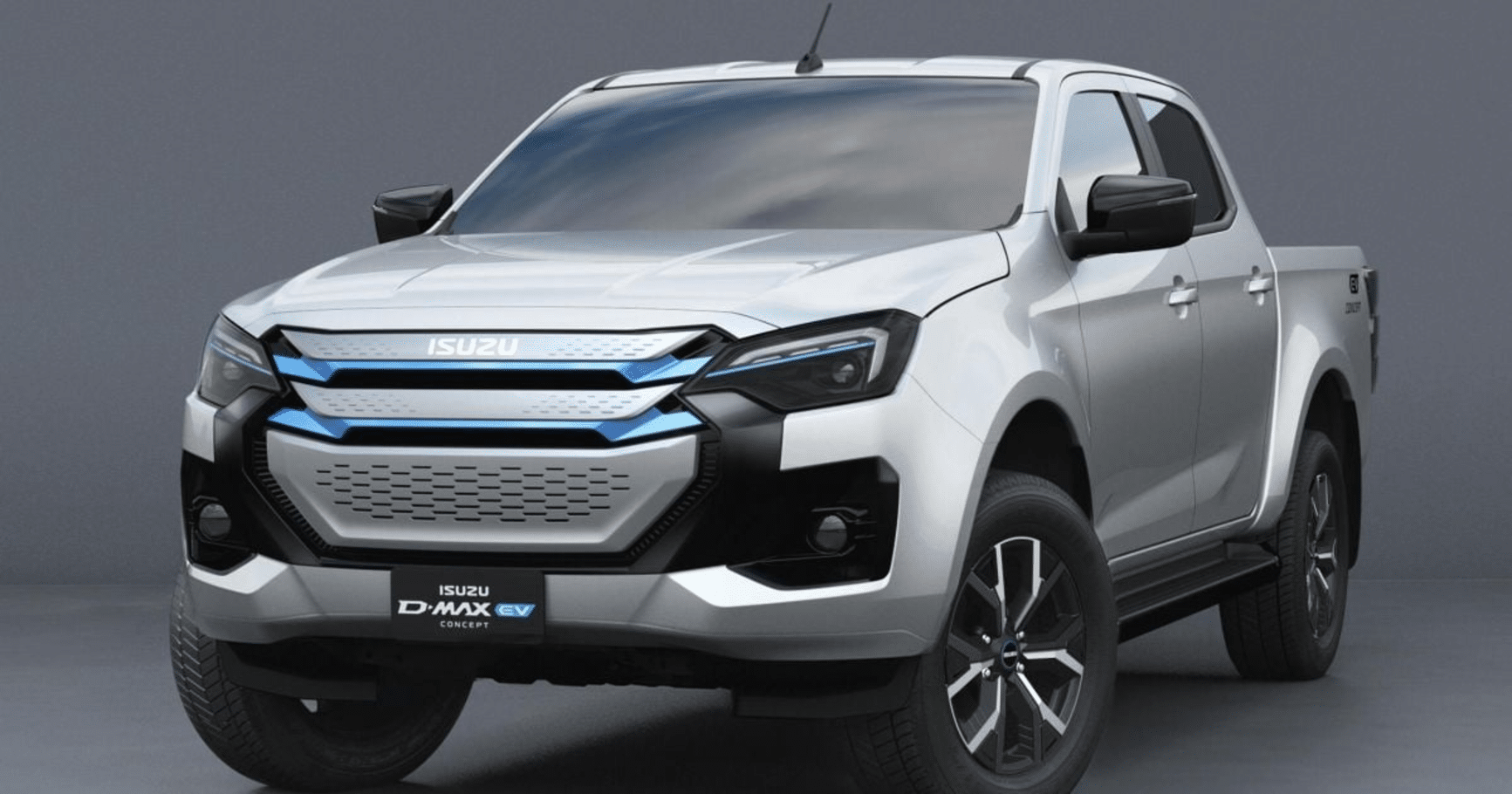
Isuzu Reveals Electric D-Max Ute and Confirms Australian Release
Will the Isuzu D-Max EV concept pave the way for electric utes in Australia?
Isuzu has unveiled the D-Max EV concept, an electric version of their popular D-Max ute, and has confirmed its release in Australia. This electric vehicle prototype will first be available in Norway in 2025 before heading to right-hand drive markets, including Australia. While specific details and timeline are yet to be announced, Isuzu is closely monitoring the reception of hybrid and electric vehicles in the Australian market to meet consumer needs.
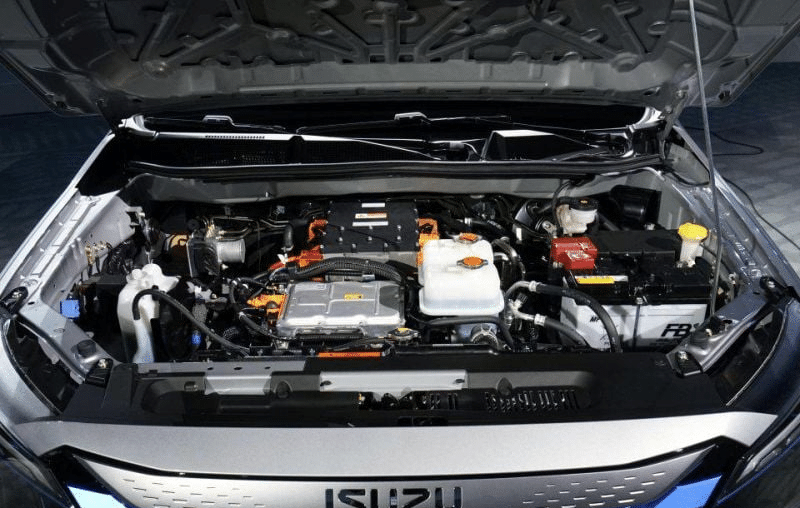
Isuzu’s ute division has officially unveiled the D-Max EV concept, an electric version of their popular D-Max ute. The electric vehicle prototype will make its first appearance at the Bangkok motor show in the coming weeks. It features a dual-cab design, but with electric power instead of the traditional turbo-diesel engine.
Isuzu has announced that the electric D-Max will hit the Norwegian market in 2025. Following this, it will be rolled out in right-hand drive markets, including Australia, the UK, and Thailand. While a detailed timeline has not yet been provided, Isuzu is closely monitoring the local market requirements and consumer reception of hybrid and electric vehicles in Australia.
In terms of specifications, the Isuzu D-Max EV concept is equipped with dual electric motors. The front axle motor produces 40kW of power and 108Nm of torque, while the rear motor offers 90kW and 217Nm, resulting in combined outputs of 130kW and 325Nm. Its 66.9kWh battery is shared with an electric version of Isuzu’s N Series light-duty truck, which was announced last year.
The Isuzu D-Max EV concept is expected to have similar capabilities to the existing turbo-diesel version. Isuzu claims it will be capable of carrying a payload of 1000kg and have a braked towing capacity of 3500kg. However, specific driving range figures for the electric D-Max have yet to be announced.
In terms of design, the electric D-Max maintains a similar appearance to its diesel counterpart. However, it is expected that the electric version will feature a sleeker nose design to improve aerodynamics and reduce unnecessary drag.
The unveiling of the Isuzu D-Max EV concept comes shortly after Isuzu’s Australian division expressed concerns over the proposed New Vehicle Efficiency Standard (NVES) by the Federal Government. Isuzu stated that vehicle brands heavily focused on SUVs and utes that cannot increase pricing to cover penalties may be forced to exit the Australian market. Currently, Isuzu only sells turbo-diesel versions of the D-Max ute and MU-X SUV in Australia.
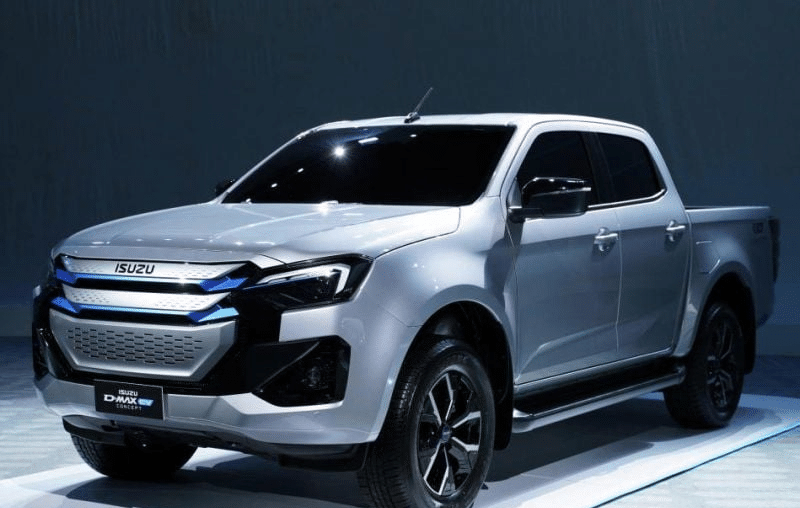
- Isuzu has revealed the D-Max EV concept, an electric version of their popular D-Max ute.
- The electric D-Max prototype will first go on sale in Norway in 2025 before heading to right-hand drive markets.
- Isuzu is monitoring the local market requirements and consumer reception of hybrid and electric vehicles to provide the right product mix in Australia.
- The D-Max EV concept features dual electric motors, a 66.9kWh battery, and a payload capacity of 1000kg.
- Isuzu has not yet announced the driving range figures for the electric D-Max.
- The design of the electric D-Max remains largely unchanged from the diesel version.
- Isuzu’s Australian division recently expressed concerns over the proposed New Vehicle Efficiency Standard (NVES).
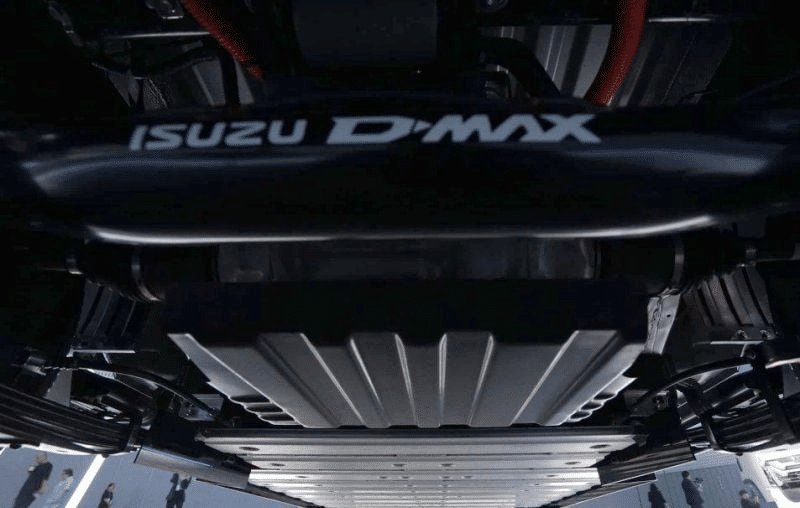
Isuzu’s introduction of the D-Max EV concept marks their venture into the electric vehicle market. With plans to release it in Norway in 2025 and subsequently in Australia and other right-hand drive markets, Isuzu is keeping a close eye on the demand and reception of hybrid and electric vehicles locally. The electric D-Max prototype boasts impressive specifications, such as dual motors and a 66.9kWh battery. While design-wise it remains similar to its diesel counterpart, aerodynamic improvements are expected. Isuzu’s concern over the proposed NVES indicates the challenges faced by vehicle brands in meeting new regulations without increasing prices.

